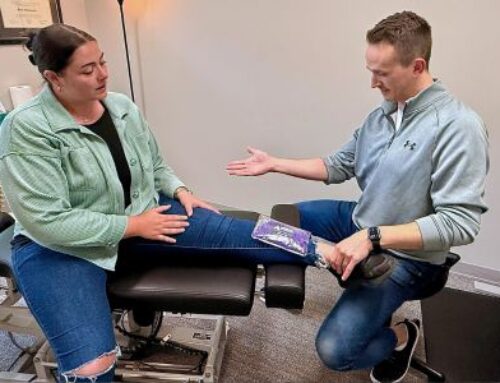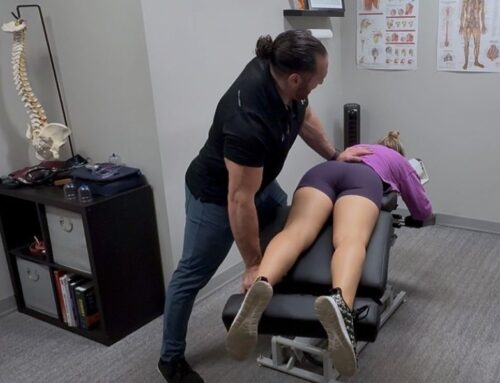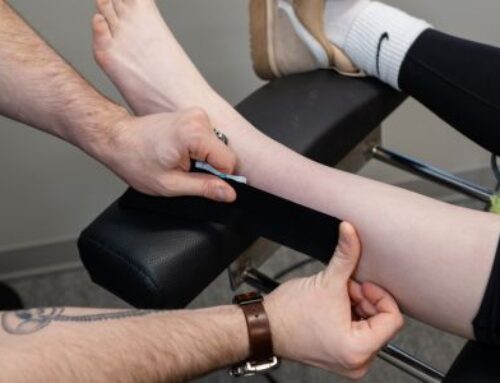Lately we have been discussing food with a number of patients. Many of our patients understand the need for healthy proteins, fats and carbohydrates in their daily diets, but we have mainly been discussing how much!
We tend to see two sides of the spectrum. Either people are eating too many unhealthy things and/or not enough healthy things. Unfortunately diet culture has made us think that eating less, cutting carbs and removing fat from our diets are the most appropriate ways to be healthy or lose weight.
So let’s start with the research:
-
75% of people have diets low in vegetables, fruits and dairy.
-
63% of people exceed the recommended limits for added sugars.
-
77% of people exceed the limits for saturated fats.
-
24% of excess sugars taken in by people is from sugar-sweetened beverages including soft drinks, fruit drinks and sport & energy drinks.
EEK!
Now let’s talk about how many calories certain age groups require:
-
Females ages 5-8 require 1,200 to 1,800 calories per day, while males ages 5-8 require 1,200 to 2,000 calories per day.
-
Females ages 9-13 require 1,400 to 2,200 calories per day, while males ages 9-13 require 1,600 to 2,600 calories per day.
-
Females ages 14-18 require 1,800 to 2,400 calories per day, while males ages 14-18 require 2,000 to 3,200 calories per day.
-
Females ages 19-30 require 1,800 to 2,400 calories per day, while males ages 19-30 require 2,400 to 3,000 calories per day.
-
Females who are pregnant or breastfeeding require 1,800 to 2,800 calories per day.
Please keep in mind that these numbers are just guidelines, but should put some things into perspective.
-
If you are a moderately active 30 year old female, you SHOULD NOT BE EATING 1,200 CALORIES PER DAY! That number is actually the low end of what a child between the ages of 5 and 8 should be eating.
-
If your child is active and involved in school sports, dance, gymnastics or a variety of other extra curricular activities they NEED TO BE EATING to fuel and protect their body. If their caloric intake is less than their caloric demand from their sport they are being put at risk for a variety of health issues including fractures, hormone imbalances (in both males and females) and chronic fatigue.
-
Although it may be difficult to find time to eat regularly as a postpartum mother, it is essential that you be eating enough to fuel your body and your baby’s body if you are breastfeeding. If you are not eating enough while breastfeeding, your body will take whatever nutrients it has and give it to the baby through your breastmilk – leaving you severely depleted. Eating enough calories, drinking enough water and a healthy balanced diet during the postpartum period is also essential for proper recovery from birth. While breastfeeding, losing weight and restricting calories should NOT be a priority.
If you have been struggling with your diet or have questions about how your nutrition could be impacting your health, don’t hesitate to reach out.





